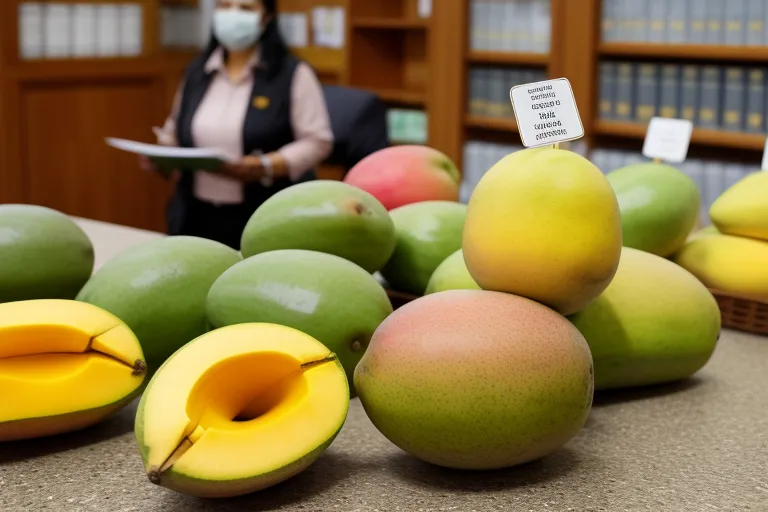In a remarkable agricultural achievement, China has reported a staggering 57% increase in mango production over the past year. This significant surge positions China as a major player in the global mango market, reflecting advancements in farming technology, improved crop varieties, and favorable climatic conditions.
China, traditionally known for its vast production of rice, wheat, and other staple crops, has now made substantial strides in diversifying its agricultural output. Mangoes, which were once considered a niche fruit in the country, are now being cultivated on a much larger scale. This development not only marks a milestone for Chinese agriculture but also has far-reaching implications for global fruit markets.
The recent increase in mango production can be traced back to several key factors. Firstly, advancements in agricultural technology have played a crucial role. Modern irrigation systems, precision farming techniques, and the use of high-quality fertilizers have enabled Chinese farmers to boost their yields significantly. Additionally, the introduction of new mango varieties that are more resilient to pests and diseases has also contributed to this impressive growth.
Another important factor is China’s favorable climatic conditions for mango cultivation. The tropical and subtropical regions of southern China, particularly in provinces such as Guangdong, Guangxi, and Hainan, provide an ideal environment for mango trees to thrive. Over the past few years, these regions have experienced stable weather patterns, which have further enhanced mango production.
Government support has also been instrumental in this agricultural breakthrough. The Chinese government has implemented various policies to promote fruit cultivation, including subsidies for farmers, investment in agricultural research, and the development of infrastructure to support the fruit industry. These initiatives have not only encouraged farmers to invest in mango cultivation but have also improved the overall efficiency of the supply chain.
The increase in mango production has significant implications for both the domestic and international markets. Domestically, the rise in mango supply is expected to lead to lower prices for consumers and greater availability of fresh mangoes throughout the year. This is a welcome change for Chinese consumers who have seen fluctuating mango prices in the past.
On the international front, China’s expanded mango production offers new opportunities for export. The country has begun to establish itself as a key player in the global mango market, which is expected to benefit from the increased supply. This development could lead to new trade partnerships and open up opportunities for Chinese mangoes to reach markets previously untapped.
However, this rapid increase in production also comes with its challenges. Ensuring quality control, managing supply chain logistics, and maintaining sustainable farming practices will be crucial as China continues to scale up its mango production. The industry will need to address these challenges to ensure that the growth in production does not compromise the quality of the fruit or the environmental sustainability of the farming practices.
Overall, China’s 57% increase in mango production is a testament to the country’s growing prowess in agriculture and its potential to impact global fruit markets. As China continues to refine its farming techniques and expand its cultivation areas, the global mango landscape is set to experience a significant shift, with Chinese mangoes poised to become a major feature in fruit markets around the world.














+ There are no comments
Add yours